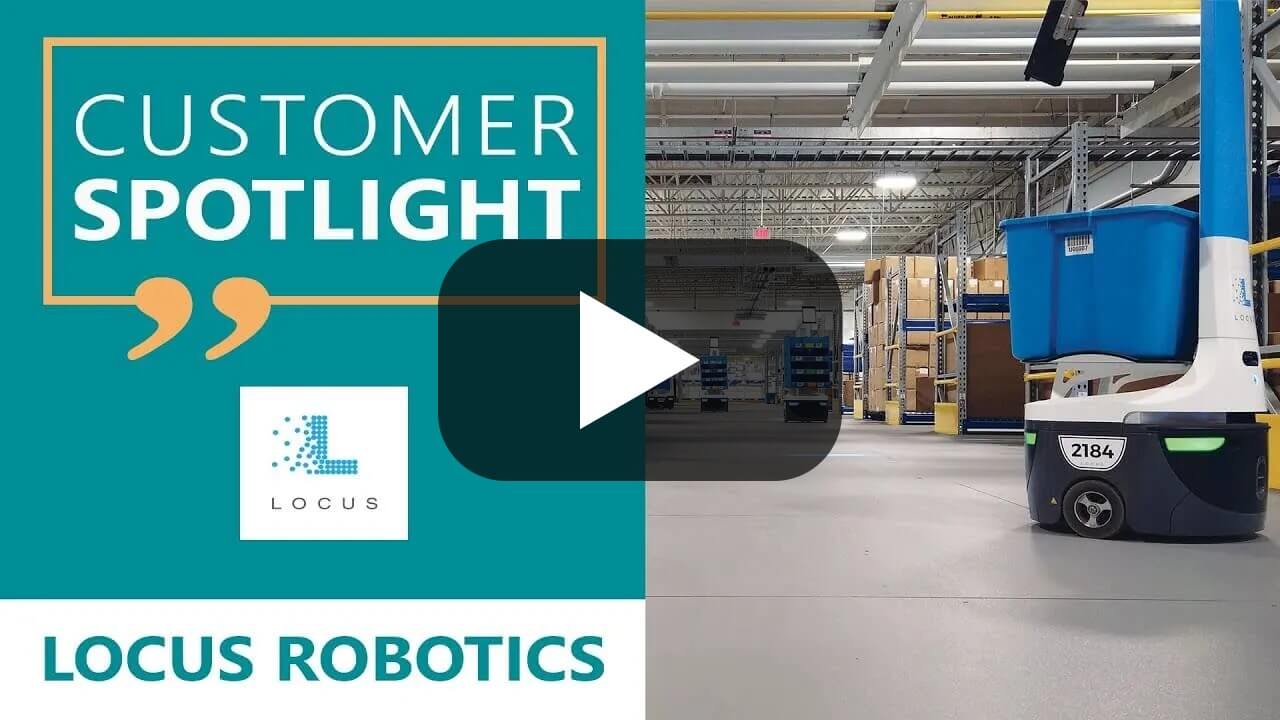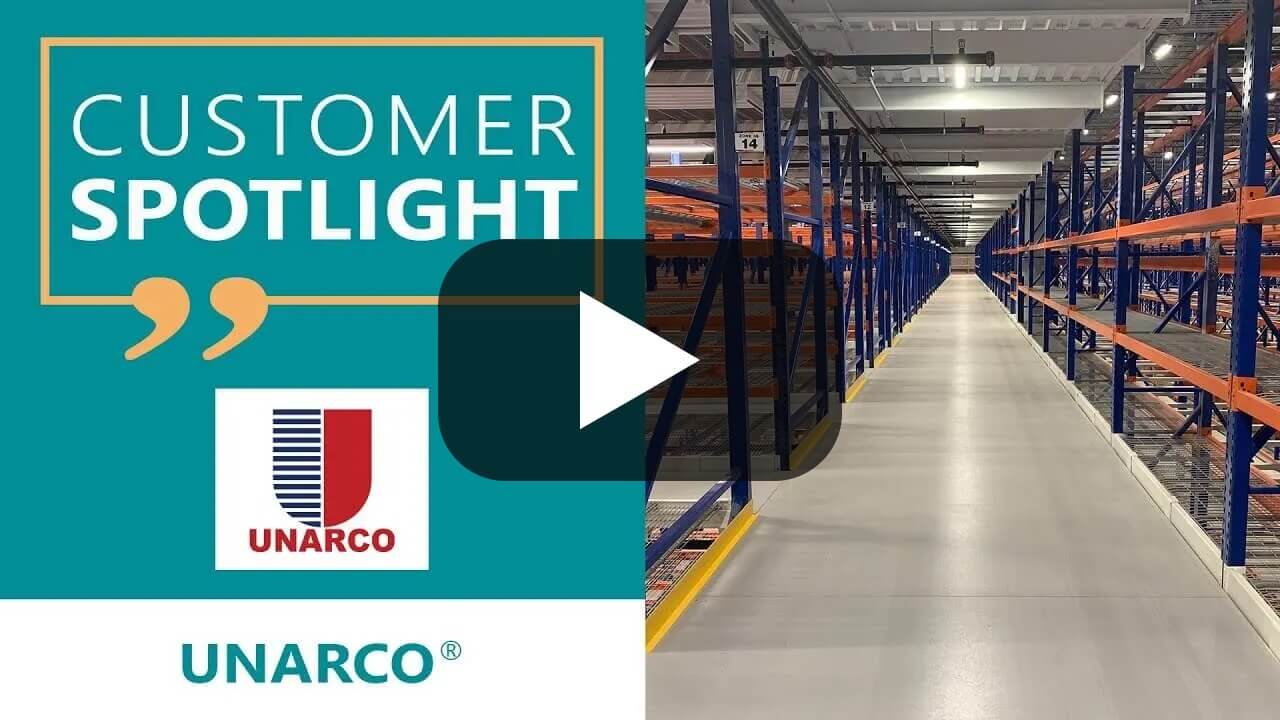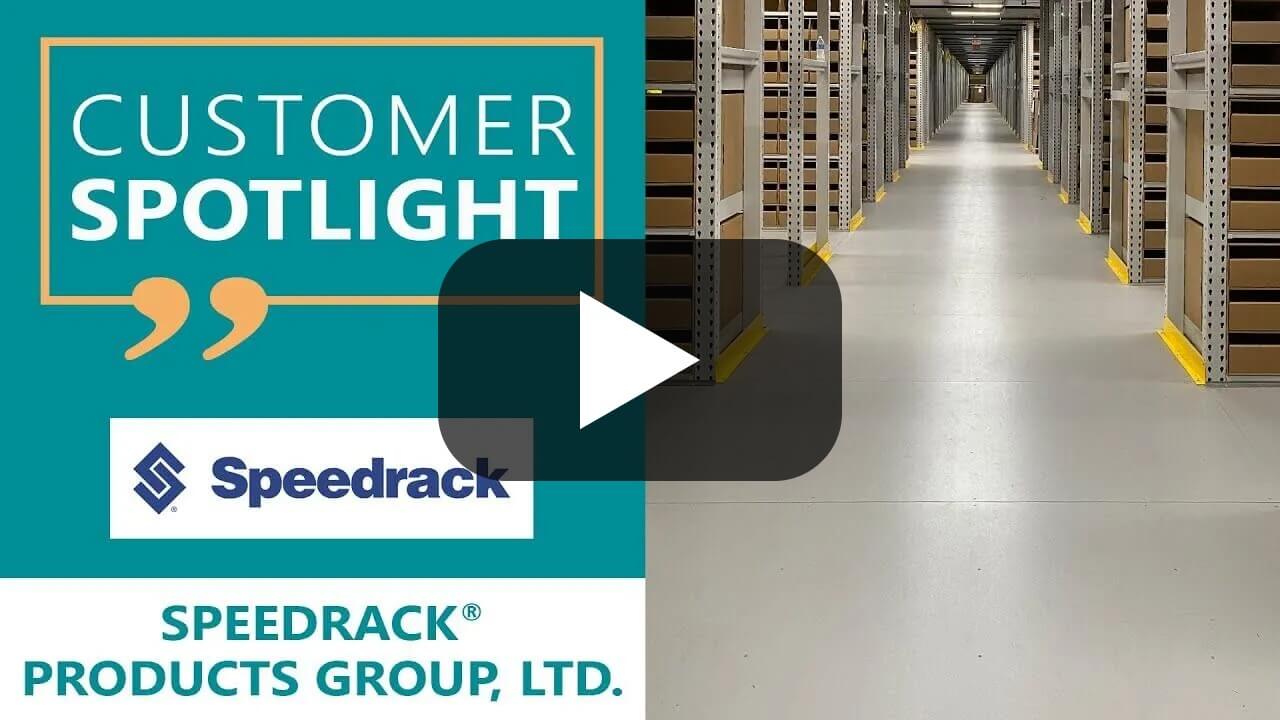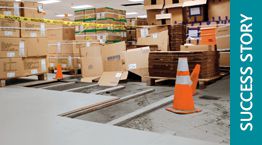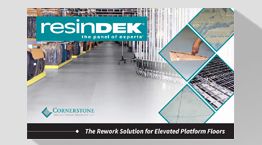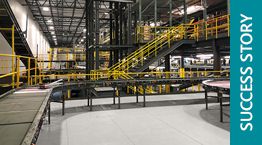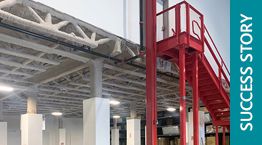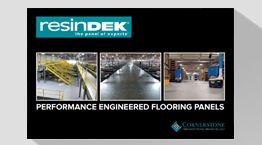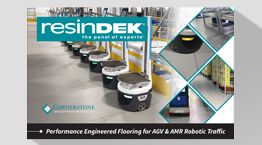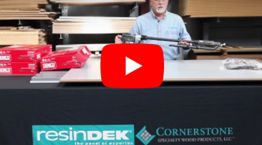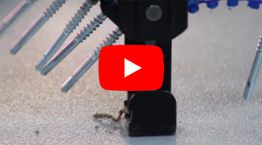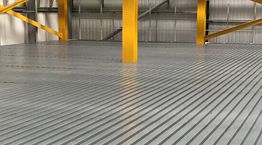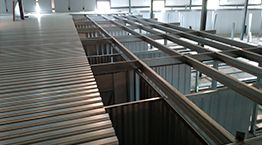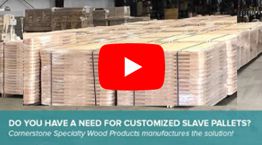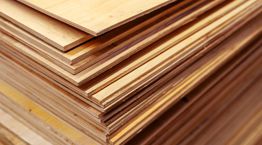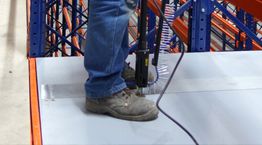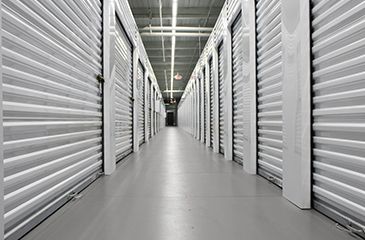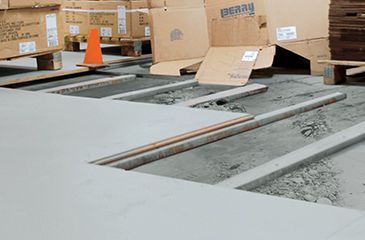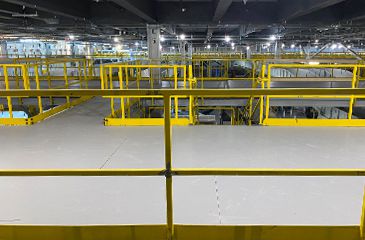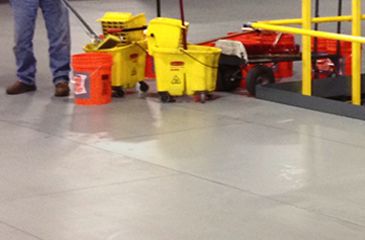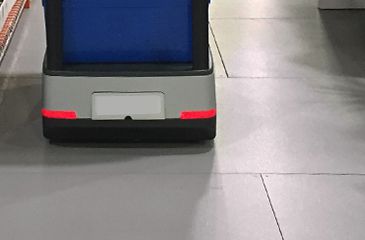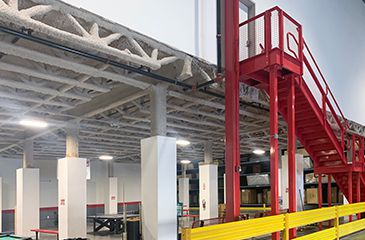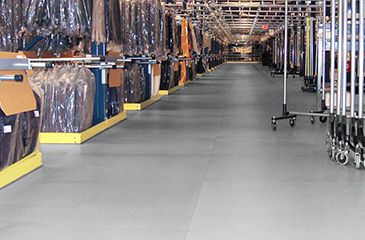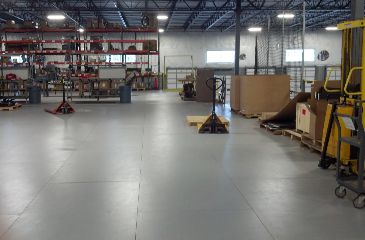
Comparing Shelving Systems for Industrial Pallet Racks: How to Pick the Best Solution
DEC 5 2023 | MATERIAL HANDLING, SHELVING
According to research from Bloomberg Intelligence, e-commerce will hit $2.55 trillion by 2027 — growing its percentage of total U.S. retail sales from 25% today to 33% in just four years. In turn, distribution centers (DCs) need to effectively store, organize, and pick millions more case goods and individual orders. The majority of these facilities aren’t equipped to handle small items. Instead, many house miles of racking intended to hold palletized unit loads. Therefore, many are deploying shelving systems for industrial pallet racks to retrofit their operations.
There are several choices of industrial shelving systems that can integrate into existing pallet racks to subdivide them. These shelving systems are comprised of a horizontal surface to store the goods and vertical dividers to separate one item from another. Options for the shelving systems include cardboard, thin gauge solid steel, wire decking, and heavy-duty industrial shelving. Determining the most cost-effective, optimal shelving can seem daunting. To help facility operators pick the best shelving solution to convert their warehouse racking systems, here’s a comparison of the different options.
Converting Pallet Racks Into Shelving Systems with Cardboard
Generally speaking, cardboard does not have the structural integrity to be used as a horizontal support for storing goods. However, cardboard is inexpensive and may be suitable for vertical dividers or a modified bin if there is adequate support beneath the floor of the bin. It can be cut to fit a given space. If they have an adequate shelf already in place, some e-commerce fulfillment operations simply cut the tops or sides off cardboard cases for easy access to contents. Cases sit side-by-side at the pick face, with additional cases stored behind them in the rack. Others use vertical dividers made of cardboard panels to separate lanes of product.
However, because it is a paper-based product, cardboard is flammable and prone to losing rigidity quickly. It can sag, tear, or crush — making access to contents difficult and storage of heavy items problematic. It also generates a tremendous amount of dust. This debris quickly accumulates, increasing the risk of product and equipment damage.
Further, cardboard absorbs moisture, making it ill-suited for wet or high-humidity environments. Cardboard cartons cannot be customized to maximize available storage density; cardboard panels are difficult to secure to the pallet rack, making them prone to falling out of place.
Converting Pallet Racks Into Shelving Systems with Steel Panels
Steel panels provide strength, longevity, and rigidity, and steel panels and dividers can be added to pallet racks. Although the current steel market has softened, solid steel divider panels are the highest-cost solution for retrofitting pallet racks into shelving. They must be manufactured to size and require significant effort to fasten the panels securely into the racking. They also frequently lack the flexibility to be adjusted once installed into the racks. This can lead to inefficient use of space or high alteration costs if there are product changes made to a given section of the rack.
If not properly finished on the edges, steel panels increase the risk of employees sustaining lacerations or other injuries as they reach into the divided racking. Additionally, when exposed to humid surroundings, steel may be subject to rust.
Converting Pallet Racks Into Shelving Systems with Wire Decking and Dividers
The installation of wire mesh decking and vertical wire dividers is another way to convert pallet racks to industrial shelving systems. Priced between cardboard and steel, wire solutions, by definition, have gaps between the wires that may allow products to fall through. Similarly, items can potentially snag between openings in the vertical dividers. Like the steel panel option, installation of wire decking vertical dividers can be labor intensive and inflexible at the accommodation of changes in product storage.
Depending on the gauge of the wire used, the span between reinforcements, and the concentration of the load applied, these shelving systems may not be able to support the weight of the load. This can cause the shelving to sag, bend, or warp — compromising stored items and potentially obstructing employee access.
Heavy-Duty Industrial Shelving Systems
Heavy- duty industrial shelving panels and vertical dividers are engineered and manufactured for strength and capacity. These fully customizable solutions — such as the ResinDek Shelving System — accommodate a wide range of stored products. Long-lasting and durable, it may frequently be the most cost-effective industrial shelving system to select.
For optimal durability and rigidity, the components are made of medium- and high-density fiberboard and are offered in thicknesses from 0.5-inch to 0.75-inch for the base shelves and 0.25" to .50" thick for the vertical dividers. The ResinDek base shelves are offered in widths from 12" to 60", and lengths up to 12 feet. The vertical dividers are available in heights from 4 to 20", and lengths as required up to 12 feet.
The ResinDek Shelving System is a storage shelving solution that can not only save time and money, but it’s also fully customizible to fit your needs. It incorporates custom machined shelves, dividers, and optional end stops for adjustable configuration of the vertical spacing between the shelves or bays. All components snap into place quickly and securely — no fasteners, screws, or other hardware are required. The vertical dividers can be installed anywhere between 4" and 48" centers. These centers can be easily adjusted manually by the end user as needed, providing maximum flexibility for changes in customer needs.
This heavy-duty, warehouse shelving solution is installed in existing pallet racking systems atop lumber or steel supports. Whether specified with or without a sealed coating, ResinDek Shelving Systems are highly resistant to wet and humid conditions. Verified by IAPMO Uniform Evaluation Services, the shelving complies with International Building Code (IBC) regulations for installation in Types I-V Building construction. When fastened to the shelf supports, they can be sized and positioned to adhere to fire code flue space requirements.
Choosing the Best Industrial Shelving System
When comparing shelving systems for industrial pallet racks, look for the optimal balance of durability, configurability, rigidity, moisture resistance, and customization flexibility. Choosing the solution that provides all of those features will ensure maximum longevity and cost- effectiveness. To learn more about the ResinDek Shelving System, contact us.
ADDITIONAL BLOG POSTS
DEC
5
2023
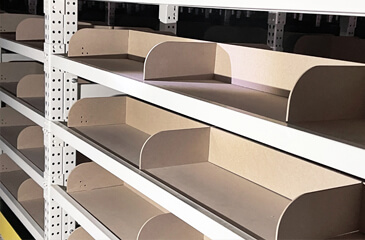
MATERIAL HANDLING, SHELVING
Comparing Shelving Systems for Industrial Pallet Racks: How to Pick the Best Solution
APR
25
2023
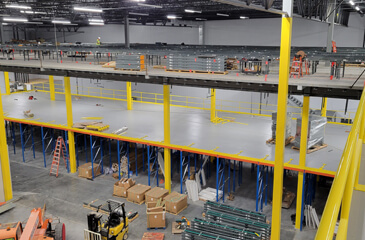
MATERIAL HANDLING, ROBOTICS, SELF-STORAGE
Warehouse Expansion: What To Consider When It's Time to Expand
AUG
23
2022
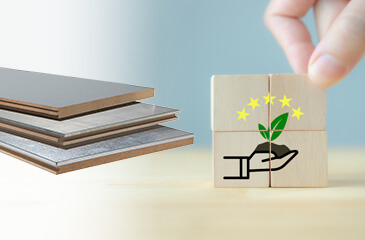
MATERIAL HANDLING, ROBOTICS, SELF-STORAGE
ResinDek Products Receive Renewed SCS Certification of Environmental Sustainability
JUL
7
2022
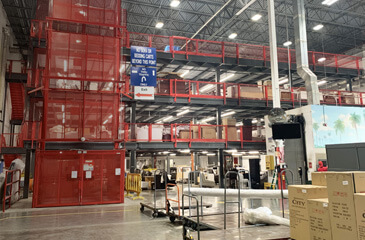
MATERIAL HANDLING, ROBOTICS, SELF-STORAGE
Key Flooring Considerations When Updating an Existing Industrial Mezzanine System
MAR
1
2022
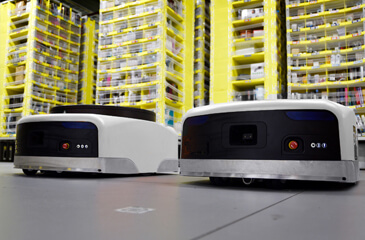
ROBOTICS AGVs AND AMRs
6 Ways Engineered Mezzanine Flooring Maximizes Implementation Success
SEP
14
2021
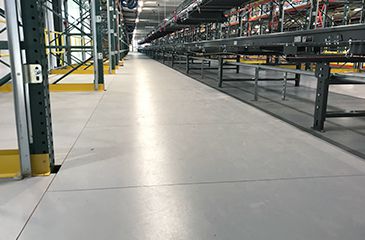
MATERIAL HANDLING, ROBOTICS, SELF-STORAGE
Three Reasons Why Your Industrial Mezzanine Floors Should Have IAPMO Validation
AUG
31
2021
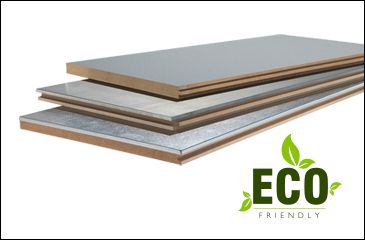
MATERIAL HANDLING, ROBOTICS, SELF-STORAGE
How Warehouse Mezzanine Flooring Earns Credits for LEED® Certification
JUN
29
2021
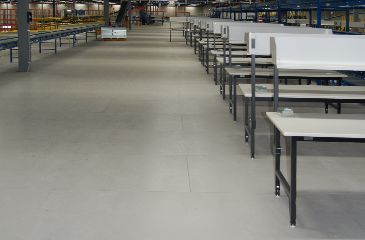
MATERIAL HANDLING, ROBOTICS, SELF-STORAGE
Mezzanine Floors: Strong, Sustainable, Speedy, Safe, Spacious
JAN
24
2021
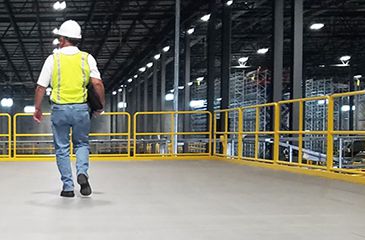
MATERIAL HANDLING, ROBOTICS, SELF-STORAGE
Study Finds ResinDek® Flooring 34% More Cost Effective Than Concrete
MAY
31
2019
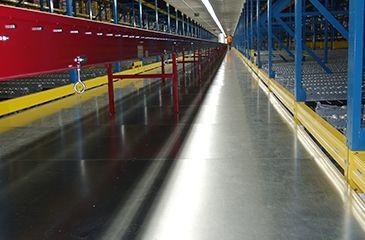
MATERIAL HANDLING, ROBOTICS, SELF-STORAGE
New ResinDek with MetaGard® Finish: Our Strongest Surface Option Yet
MAY
21
2018
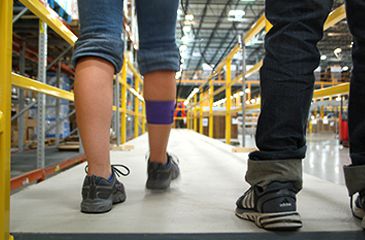
MATERIAL HANDLING, ROBOTICS, SELF-STORAGE
The Ergonomic Dangers of Concrete Flooring (And How ResinDek® Floors Can Help)
